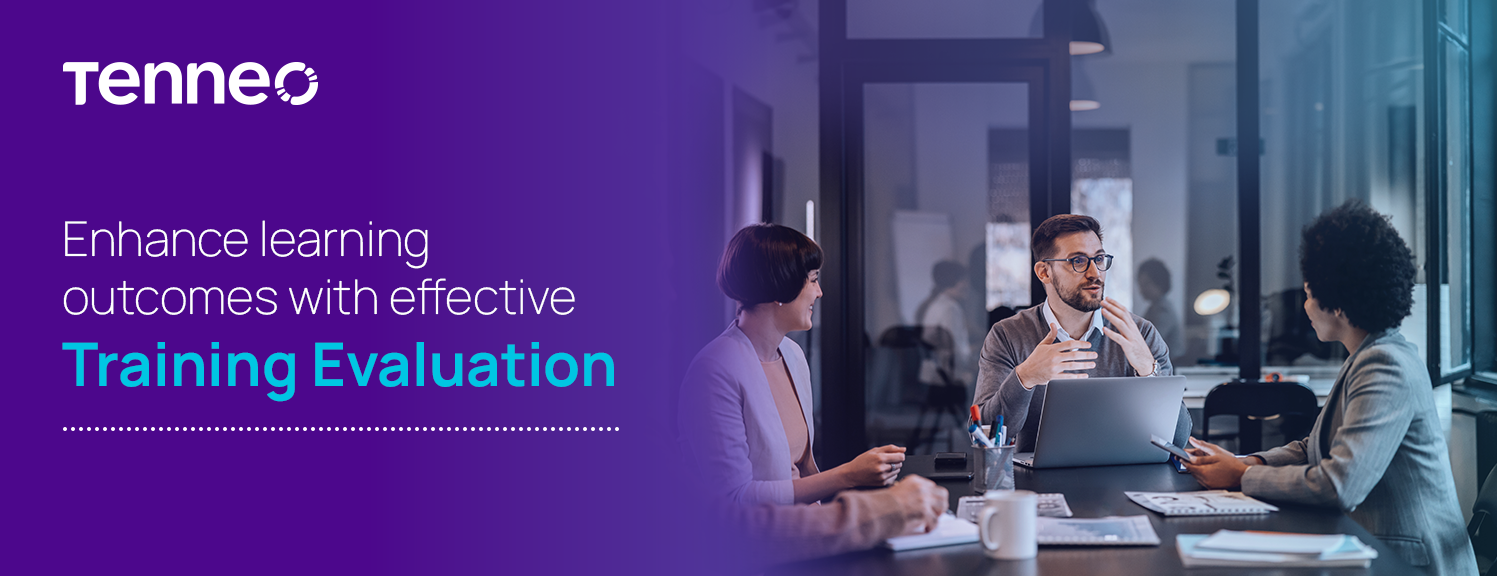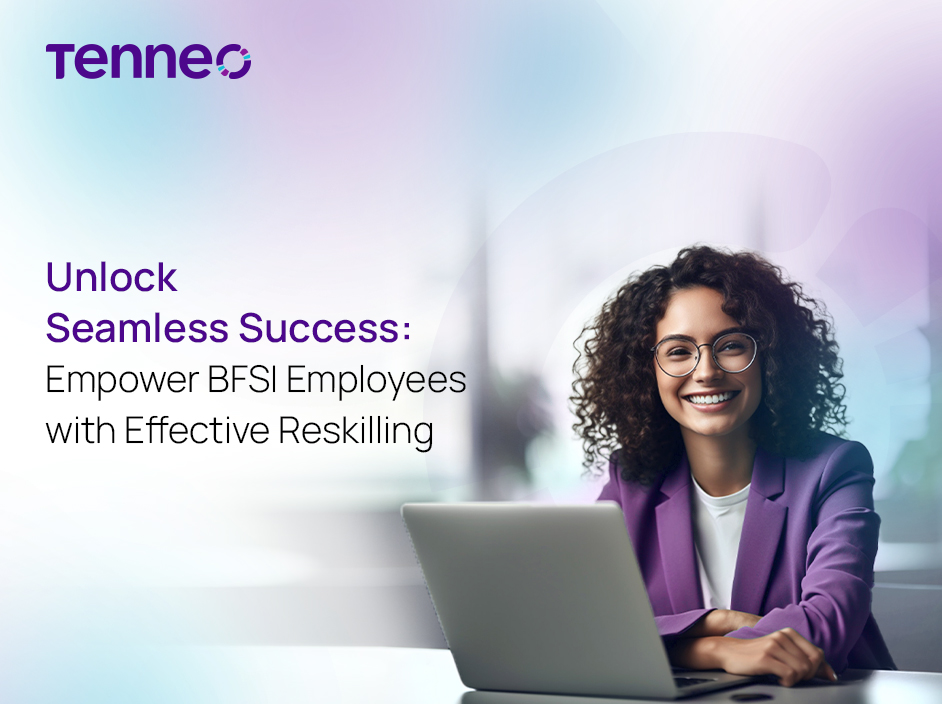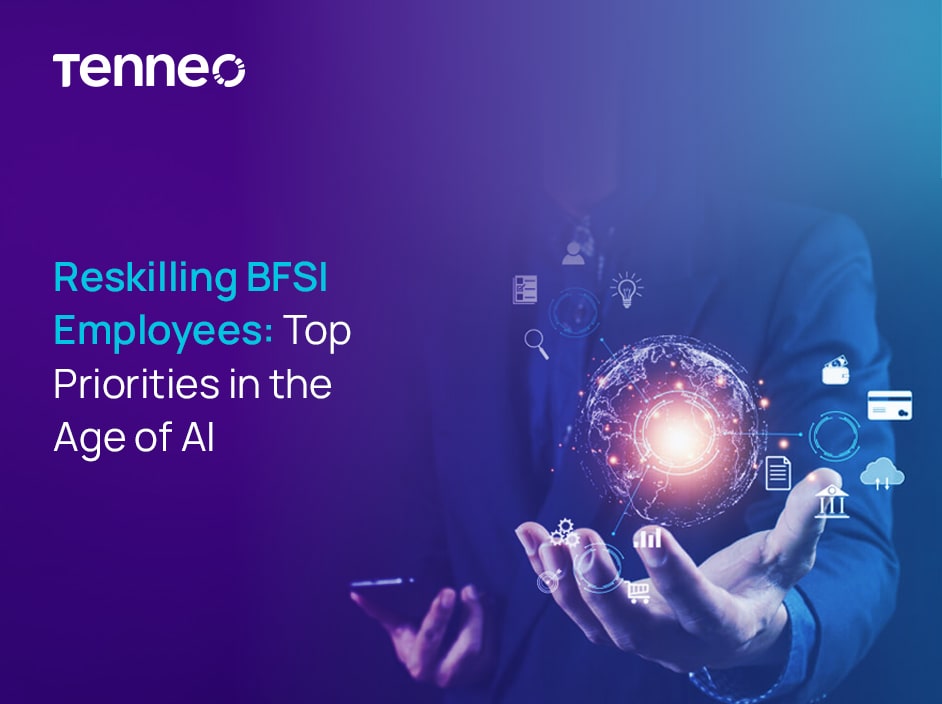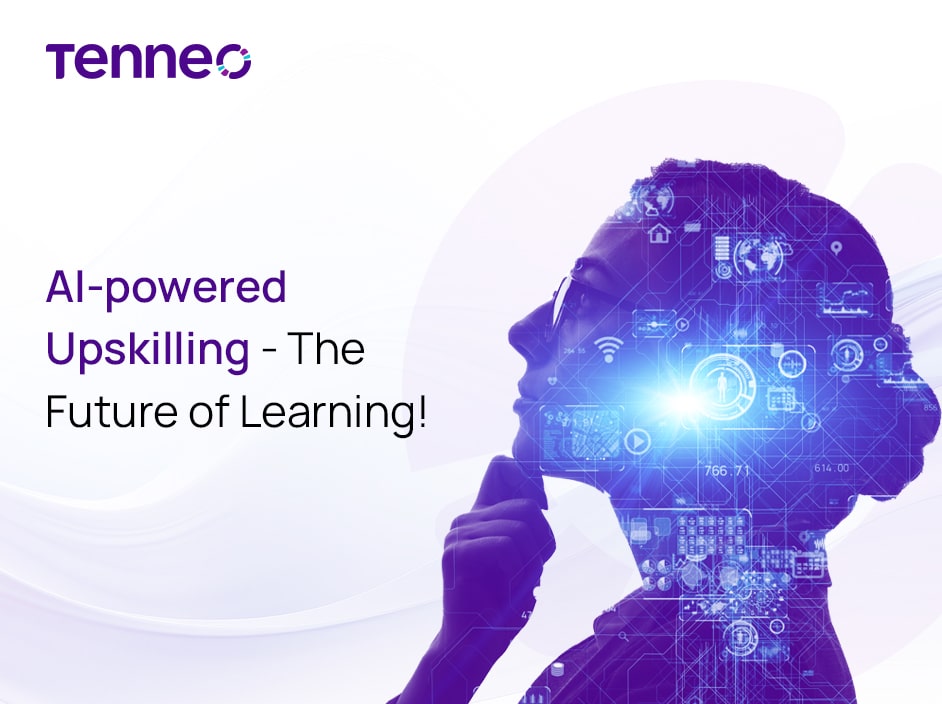If you are looking to automate your Learning and Development process and need to identify the best solution, we can arrange a Personal Demo for you.
G-Cube LMS is now Tenneo!

Measuring Learning Impact: A Game-Changer for Training Success
September 18, 2023
Streamlining every stage of onboarding: How does Tenneo do it
September 5, 2023The Evolution of Training Evaluation: From Traditional to Modern Methods

In the dynamic world of training and development, the process of evaluating training has undergone a remarkable transformation. From the days of traditional, paper-based assessments to the cutting-edge techniques of the modern era, training evaluation has changed significantly. This journey traces the evolution of training evaluation methods, from the challenges and limitations of the past to the tech-driven innovations that define the present. Here, we explore the transition of the training evaluation landscape with the advent of technology in employee learning.
The Traditional Training Evaluation Landscape
In the not-so-distant past, the world of training evaluation was in the clutches of traditional paper-based assessments. While these methods served their purpose for a time, they came with a host of challenges and limitations that hindered the efficiency and effectiveness of the training evaluation process.
The traditional training evaluation mechanism was a manual and time-consuming process. Paper-based assessments ruled the realm, forcing trainers and learners to grapple with piles of paperwork, slow grading processes, and limited feedback. Here's a glimpse into how traditional training evaluations were conducted:
- Paper-based Assessments
In the traditional training evaluation era, learners were often handed physical questionnaires or tests at the conclusion of their training programs. While these assessments were valuable in gauging knowledge retention and skill acquisition, they came with their own set of logistical challenges. The distribution of paper assessments to a large number of trainees, their collection, and subsequent storage posed significant administrative burdens.
- Subjective Evaluations
Traditional training relied heavily on instructors' subjective judgment to assess learners' progress. Instructors, though knowledgeable, faced the challenge of maintaining objectivity when evaluating trainees. This subjectivity often resulted in inconsistent evaluations, making it difficult to measure the effectiveness of training programs accurately. The lack of standardized evaluation criteria further compounded this issue, making it challenging to provide meaningful feedback to learners.
- Limited Interactivity
Learners typically had to passively absorb information throughout the training program and wait until the end to assess their understanding. This lack of real-time feedback and interaction hindered the training process, as learners couldn't immediately address gaps in their knowledge or skills. Consequently, this made it harder for instructors to adapt their teaching methods to cater to the diverse needs of their trainees.
Learning Management System in Training Evaluation
With the ability to deliver assessments electronically, track learner progress in real-time, and generate insightful reports, LMS solutions provide unprecedented efficiency and objectivity in training evaluation. They enable trainers to adapt content based on learner performance, fostering more interactive and tailored learning experiences. In essence, LMS platforms have redefined the training evaluation landscape, making it more data-driven, adaptable, and learner-centric.
The Modern Training Evaluation Landscape
In today's training and development landscape, technology has transformed how we assess learning. It's a landscape where assessments have gone digital, feedback is immediate, and even evaluation itself can be a fun experience. Here, we explore the modern training evaluation landscape where innovation is reshaping the future of learning and assessments.
- Online Assessments
The digital age has led to the era of online assessments, where learners can conveniently and securely complete evaluations through learning platforms. This shift has not only eliminated the logistical challenges of paper-based assessments but has also enabled instant scoring and feedback. The flexibility of online assessments allows learners to gauge their progress at their own pace, fostering a self-directed learning culture.
- Peer-based and Supervisor-based Evaluation
Modern training evaluation embraces a 360-degree feedback approach. In addition to self-assessment and instructor evaluation, peer-based and supervisor-based assessments play a pivotal role. Peers can provide valuable insights into a learner's collaboration and teamwork skills, while supervisors can assess practical application in a real-world context. This holistic perspective ensures a comprehensive evaluation of a trainee's performance.
- In-course Evaluation
Gone are the days of waiting until the end of a training program to assess comprehension and skill acquisition. The learning platforms incorporate in-course evaluation mechanisms, enabling learners to receive real-time feedback. This approach allows for immediate corrections and adjustments, enhancing the overall learning experience. It also empowers trainers to adapt their teaching strategies to optimize training outcomes.
- Gamification of the Evaluation Process
The gamification used in learning platforms has injected an element of fun and engagement into training evaluation. By integrating game-like elements such as quizzes, challenges, badges and leaderboards into assessments, employees are motivated to participate actively. Gamification not only makes evaluations more exciting and fun but also boosts motivation and engagement, ultimately leading to more effective learning.
Conclusion
The evolution of training evaluation from traditional to modern methods underscores the pivotal role of technology, particularly LMS, in reshaping the training landscape. To foster effective training evaluation and drive employee growth, organizations must make LMS platforms an integral part of their L&D strategies. These systems not only streamline assessment processes but also enable tailored, real-time feedback and engaging assessment experiences, ultimately nurturing a workforce that thrives in the digital age and contributes significantly to organizational success.
If you wish to boost your employee learning outcomes with effective and real-time evaluations, get in touch with our LearnTech experts.



